My all-time favorite movie line comes from the Western Five Card Stud. Dean Martin is out demonstrating his six-gun prowess to Inga Stevens, shooting bottles off the corral rails, when up rides Bob Mitchum as “The Preacher.” Mitchum asks to give it a try, so Dean hands him the pistol and Big Bob proceeds to fire off six shots, each one hitting a vane on the rotating windmill behind the corral. “Where did a preacher learn to shoot like that?” asks Dean. Then comes the line, as Mitchum replies, “Everybody was something else once.”
My journey with Resilient Leaders Project, its name when I joined, starts with my own “something else.” In my primordial era, I was a marine biologist. After that, I had my time as the up and coming pastor of mid-size, program-centric congregations. I had my time of burnout from those congregations. I have been the organizing pastor for two cooperative parish ministries, working with a dozen tiny churches. What was missing was the time in between. As I moved from one “something else” immediately to the next, I reached a point where my sense of self felt eroded.
I felt simultaneously stuck and falling apart. I was the stranger in the strange land. I was living in a liminal space.
Liminality shows up in varied places and forms.
Dante’s “dark woods”; Bridges’ Neutral Zone, the bottom of Scharmer’s U. Susan Beaumont, the current guru of liminality, describes it as being betwixt and between, the threshold of ending and beginning. For me, the metaphor was erosion. Picture the cover of “Where the Sidewalk Ends” by Shel Silverstein, with the ground supporting the sidewalk dwindling to a few hanging clods. The ground of my identity was eroding away, with no sight of an opposite shore.
As a continuing education enthusiast, I had been on The Seattle School’s mailing list for a while, looking to connect with a class or seminar. One particular Saturday morning, reading the Seattle School newsletter. the word resilience caught my attention. Resilience was what I felt lacking. What hooked me, though, was a great line: “Resilience should be about growth through, not just getting by.” Yes! It was a hit. That’s where I wasn’t but wanted to be.
Still unsure about making a commitment of time, Kate Davis, Director of Resilient Leaders Project, kindly invited me to The Story Workshop with The Allender Center. Once there, telling parts of my story that had only swum in the darkness and having my story heard with compassion convinced me that this was the place to cultivate my resilience.
This is the part of the story where weeks and months of work get summarized too quickly, much to the reader’s frustration. “Tell us about your experience in the program, not just how you got there!” Well… here’s what I found that was important to me:
- A place to tell my stories, and be heard
- Community to travel through liminal space with me
- Tools to contextualize the “something else’s” I had been, might become, and hoped to God I would never be.
- Really great snacks
Participation in the project was hard soul work, not always pleasant, and honestly, not always useful. Our last gathering, for example, contained some of the most soul soaring and soul-crushing encounters of my time in the project. I found most of my closest relationships formed with the project team, not with the other participants. I came out of the project at the bottom, yet, I realized weeks later, on the way up.
The wisdom I gained from my experience with Resilient Leaders Project is that liminal space is where resilience is found.
Not unlike grief work, if you don’t spend time with the betwixt and between at the time of transition, you will end up back there. The only way over is through, and community is the boat that gets you across the liminal space.
I still live in the liminal, but now it feels more like going home than getting lost. It is not always comfortable, but I am more comfortable with being uncomfortable. I don’t know exactly where I am going, but I know I will belong once there. I am feeling my edges being smoothed, not eroded.
My resilience was found in the integration of who I have been, who I am, and even who I might have been. After all, everybody was something else once.
Interested in learning more? Request information below.

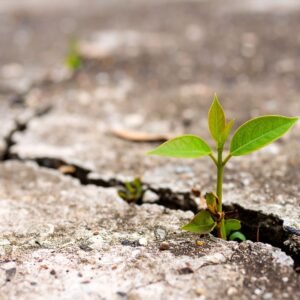
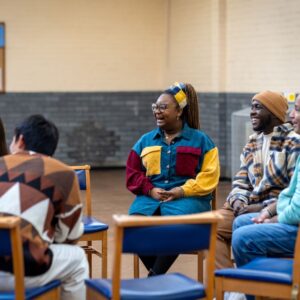
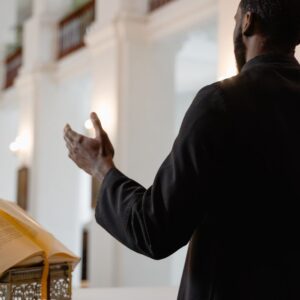



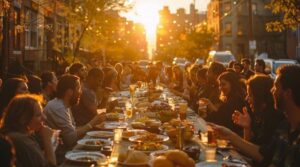
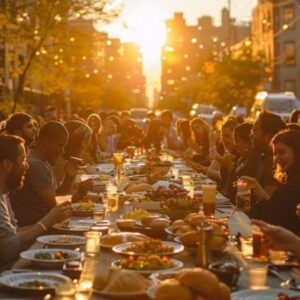

0 Comments